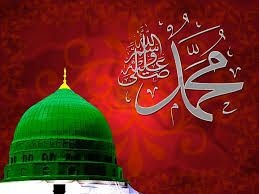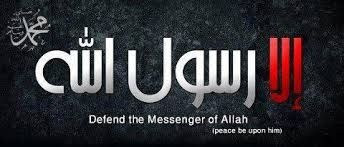When the holy prophet migrated to medina, this city was inhabited by different sections of people. They were the faithful followers of Holy prophet(S.A.W) who had abandoned the ties of kith and kin and followed him. They were known as Muhajireen or Refugees. The new converts of Medina who helped the holy prophet through thick and thin and were known as Ansar or Helpers. In order to create hormony and co-operation, the prophet firs abolished the tribal distinction and grouped the inhabitants of Medina under one general name, Ansar or Helpers. He (S.A.W) knew that goodwill and support of all the sections of people was necessary for the creation of an islamic empire. He (S.A.W) knew that tolerance is necessary when different communities live together . With these objections in mind prophet has formulated a charter which is generally known as Medina charter.

The main points of the charter are;
All the communities signing the charter would form common nationality. If any signatory of the charter was attached by the enemy others would defend him collectively. Muslims, Jews and other communities of this republic should be free to profess their own respective religion and perform religious ceremonies. Individual and personal offences of trivial nature of any non Muslim would be treated as a such and no general liability would fall on the community to which the offender belonged. The oppressed should be protected. Henceforth,blood shed, murder and violence should be Haram in Medina. All disputes should be referred for decision to Holy Prophet (S.A.W), the prophet of Allah.

The importance of the charter lies in the fact that it announces the great principals of civic equality, freedom of worship and religious and racial tolerance. This principle also be seen in the perspective of the creation of Pakistan. Our founder, Quaid e azam clearly told his people in 1947 at the time of creation of Pakistan. "you are free , you are free to go to your temples, you are free to go to your mosques or to other place of worship in this state of Pakistan. You may belong to any religion, caste or creed. We are all equal citizens of one state".



